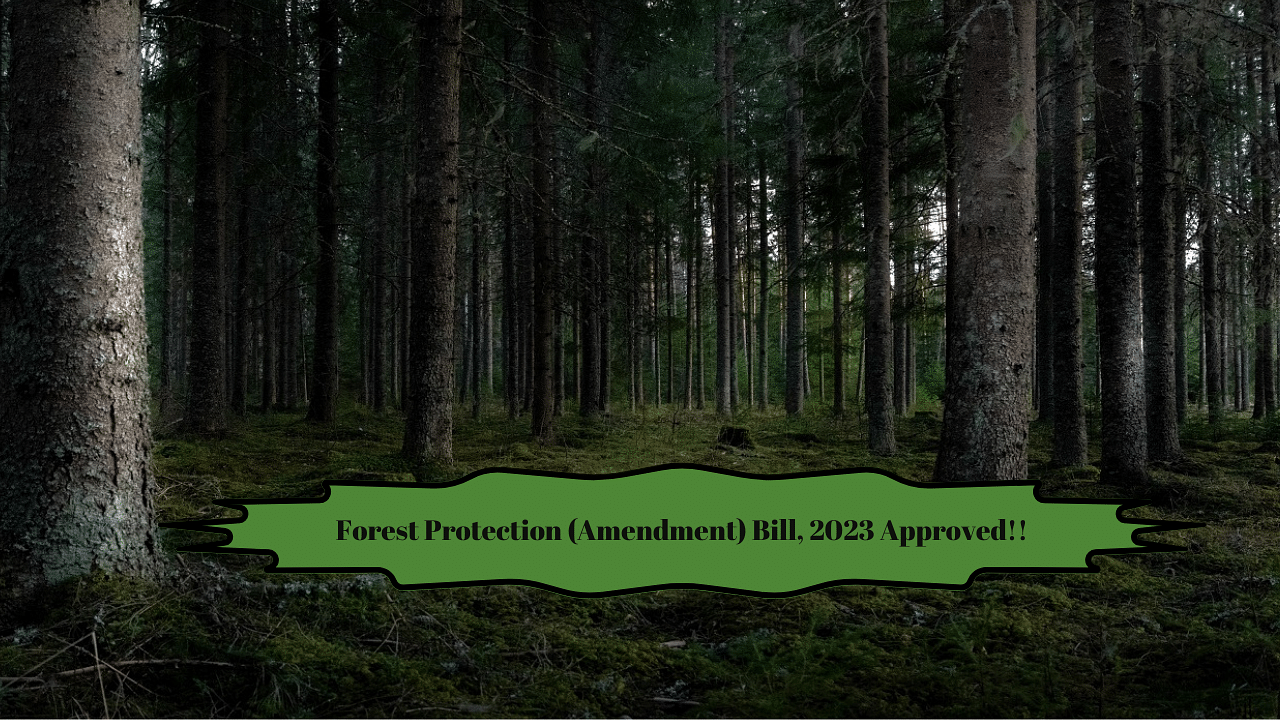
The Lok Sabha has recently approved the Forest Protection (Amendment) Bill, 2023, which was introduced by Shri Bhupendra Yadav, the Union Minister for Forest, Environment, and Climate Change.
The bill underwent scrutiny by a joint committee of Parliament before being presented for approval in the House. After thorough discussions among the members, the bill was passed.
The significance of the Forest Protection Act of 1980 lies in its provisions requiring prior permission from the central government for activities such as the de-reservation of protected forests, non-forest use of forest land by private entities or individuals, leasing forest land, and undertaking afforestation measures.
Over the years, the application of this law has varied, particularly concerning different types of forest land. Following a significant judgment on December 12, 1996, the Act was applied to areas designated as forest land in revenue forest records or land that resembled forested areas.
In recent times, an increasing amount of forest land has been utilized for construction, settlements, infrastructure development, and other non-forest purposes. Though authorities have been granting prior permissions for such usage, it has led to complexities and challenges in implementing the law effectively, especially regarding recorded forest land and plantations.
To address these issues and accommodate the changing environmental conditions caused by climate change and pollution, the amendment was proposed. The revised Bill seeks to provide clarity and prioritize forest protection while allowing for the productive use of land, including planting trees on private properties, establishing green spaces, building roads and railways, and implementing afforestation projects, including border areas.
The amended Act expands its scope and jurisdiction, now allowing the government to modify land classification for non-forest purposes and afforestation on non-forest land in the national interest. Prior permission from the relevant authorities remains crucial for the non-forest use of forest land. Both central and state governments can utilize forest land for various development activities, including zoos and wildlife management.
People residing in forest areas can also utilize forest land for their livelihoods, provided they do not harm the forests or wildlife. The amended Bill aims to strike a balance between forest conservation and augmentation efforts. It seeks to enhance forest productivity, encourage afforestation beyond existing forest areas, and support livelihoods while strengthening forest protection measures.












